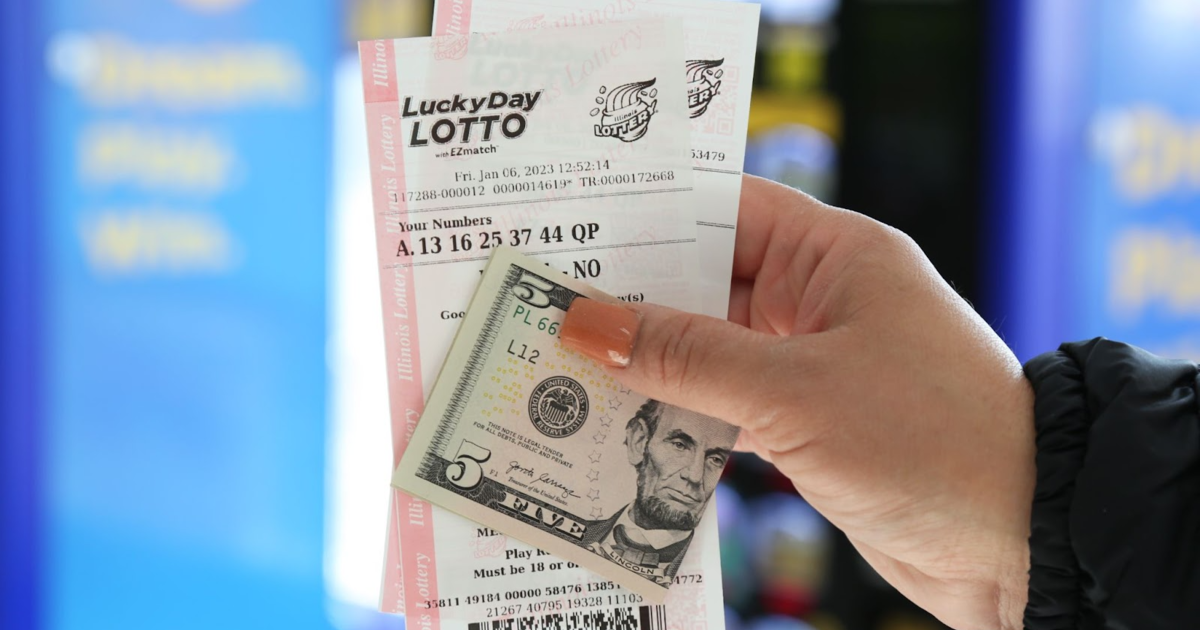What to do with the Powerball prize
Any winners of Wednesay's Powerball drawing will face an urgent question: Accept the more than half-a-billion dollar jackpot a little bit at a time or in a lump sum?
The answer probably comes down to this -- it depends what you want that money to do for you. More specifically, what's your financial personality, and what time horizon do you have for investing the estimated $700 million prize and realizing future gains?
For those who dream of getting the money all once, it's helpful to recall the many lottery winners who have gone on spending sprees and quickly blown their winnings. Others have made risky, and even illegal, investments that destroyed their wealth.
That's one reason many experts recommend consulting a fee-only financial adviser and drawing up a plan for what to do with the windfall -- even before you get your hands on it.
Powerball jackpot winners have the choice of receiving their prize as a one-time, lump-sum cash payment or in annual payments over 30 years. And the option you choose dramatically affects how much a winner would get. This week's jackpot is worth roughly $443 million if paid out in cash and $700 million if disbursed in installments.
Naturally, taxes must be paid no matter how you get the money. If you factor in a 39 percent federal tax, the cash payout option would amount to $427 million. This does not include state or city taxes, which will further lower your winnings.
Most winners take the lump sum, because they want to control the entire amount right away. And that could well be the right financial decision -- if you invest a large portion of the funds for a long period of time. Two-thirds of the time, investing a major windfall immediately yields better returns than putting smaller, fixed dollars to work at regular intervals, Vanguard research shows.
The mutual fund giant analyzed returns from 1926 to 2011 and found that a lump-sum portfolio comprised of 60 percent stocks and 40 percent bonds over rolling 10-year investment periods beat dollar-cost averaging by 2.3 percent. In other words, if you invested $1 million all at once, after 10 years it would lead to an average ending portfolio value of $2,450,264. Dollar-cost averaging would yield $$2,395,824.
If a person chose the annuity option, the first payment is estimated to be $10.5 million before taxes (before state and other local taxes). The remainder is invested by Powerball and will earn gains tax-free.
In the case of the lottery, the monetary difference between investing the lump sum and waiting for payments that you then invest over time could grow even bigger, since the annuity would be based on a guarantee. That essentially means that the winner would be trading potential upside return for the comfort of a lower, guaranteed stream of income.
Of course, if you're really fretting what to do with all that loot, you can take comfort in this: The odds of winning this latest Powerball contest are about one in 290 million. That means there's an excellent chance you won't have to worry about it.



